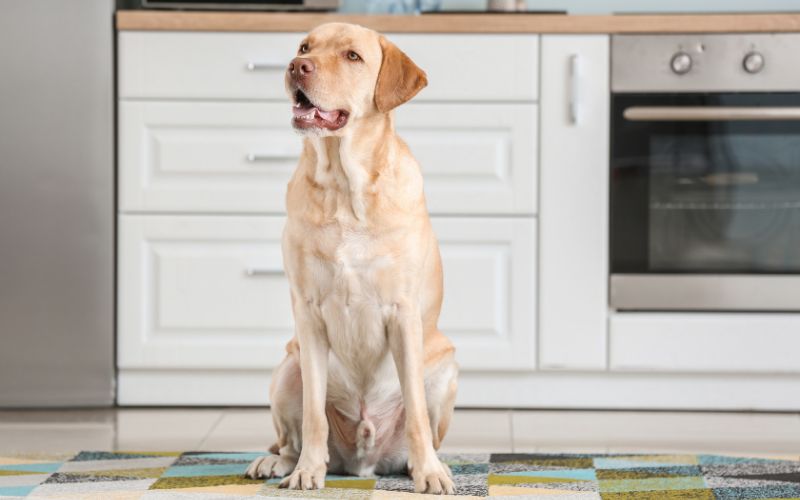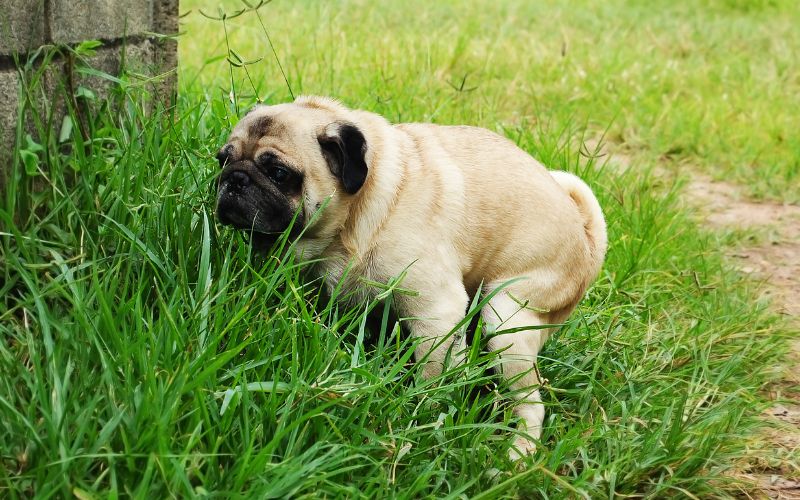Fat is delicious, there is no denying that. We need certain fats as part of a healthy and balanced diet, however too much of this can cause health issues for both humans and dogs alike.
As pet parents, it is our responsibility to ensure that our dogs stay healthy, and are able to live the happiest, healthiest and most prosperous life possible. While occasional yummy treats can enrich your dog’s life, itis possible to have too much of a good thing.
In this blog we are going to answer questions like…should dogs eat fat? How much fat should a dog eat and what foods are high in fat for dogs? As well as offering some guidance on how to reduce the fats in your dog’s diet and keep them as healthy as possible.

Good fats for dogs
Fats are not all bad. In fact, to support your dog’s overall wellbeing and health you should offer them a balanced diet that includes healthy fats.
This is because certain fats help provide energy, support nutrient absorption, promote a healthy skin and coat, nourish brain health and contribute to an overall healthy internal system.
As with everything, essential fats should be consumed in moderation. But here’s an idea of the “good” fats to incorporate into your dog’s diet:
- Omega-3 Fatty Acids: Found in fish oils (salmon, mackerel, sardines) and flaxseed oil, omega-3 fatty acids support a healthy coat, skin, and joint health. They also have anti-inflammatory properties, and having an abundance of it balances out the more pro-inflammatory fats.
- Coconut Oil: This oil contains medium-chain triglycerides (MCTs), which can improve digestion and provide a quick source of energy. It may also have antimicrobial properties.
- Olive Oil: Rich in monounsaturated fats, olive oil can support a healthy cardiovascular system and provide some anti-inflammatory benefits.
- Flaxseed Oil: Besides being a good source of omega-3 fatty acids, flaxseed oil can help promote healthy skin and a shiny coat.
- Fish Oil: Fish oil supplements can be a convenient way to provide omega-3 fatty acids if your dog doesn't consume fish regularly.
- Hemp Seed Oil: not for cooking, however you can add to the bowl raw or cooked.
It's important to note that too much fat in a dog's diet can lead to obesity and other health issues.
That’s why we recommend always consulting with your vet before adding any new foods or supplements to your dog's diet, as individual needs can vary based on factors such as age, breed, weight, and health condition.

Other (not so healthy) fats for dogs
When it comes to other not so healthy fats for dogs, it’s best to limit the intake of the following types of fats for your dog:
- Saturated Fats: These are solid at room temperature and are typically found in animal-based products like fatty cuts of meat, skin, and full-fat dairy products. High intake of saturated fats can contribute to weight gain and increase the risk of heart disease in dogs.
- Trans Fats: Trans fats are artificially created fats often found in processed and fried foods, such as some commercial dog treats. They can lead to inflammation and other health issues, just like in humans.
- High-Fat Human Foods: Foods like gravy, bacon, and fried foods are too high in unhealthy fats for dogs and should be avoided.
- Mouldy Fats and Oils: If fats and oils have gone rancid or contain mould, they can be harmful to dogs' health. Always ensure that you are providing fresh and good-quality fats to your pet.
Remember, while some healthy fats in moderation are beneficial, excessive fat intake can lead to obesity and other digestive issues in dogs.
Avoid feeding your dog excessive fatty scraps from your meals or fatty foods meant for humans, like bacon - which can also contain seasonings that are harmful to dogs.
A balanced diet formulated for dogs is the best way to ensure they receive the appropriate nutrients without risking their health.

How to reduce fat in your dog’s diet
There are a few things you can do to help minimise the more dangerous fats from entering your dog’s daily diet:
-
One of the sneakiest ways that fat ends up in our dog's system is via the bones we provide. There can be massive amounts of fat on a bone, and so these should be given in moderation rather than as a diet staple.
-
Animal skin can contain considerable amounts of fat, and so if preparing meat for your dog, ensure that the skin is removed along with any excess fat from the meal.
- Always check the ingredients and nutritional value of pre-prepared dog foods. If your dog is prone to weight gain or unable to exercise as much as they need, it may be worth making your dog’s food at home from natural and nutrient dense ingredients.
Again, we want to stress the importance of consulting your vet before making any considerable changes to your dog’s nutrition. This will help to ensure you are following an appropriate blueprint for optimum canine health.

How to ensure your dog is receiving all the essential fats in their diet
Luckily, we have created just the thing to help you introduce all the right healthy fats into your dog’s diet…
Wellbeing Essentials Complete 22 contains essential Fatty Acids, Omega 3 and 6 - called ‘essential’ because the body can’t make them itself, and thus needs to obtain them from dietary sources.
These healthy fats are vital to implement into your dog’s diet as they help feed the brain, skin, and maintain the condition of their coat.
Through regular use of our Wellbeing Essentials, you will start to see a whole range of positive changes in your dog:
-
Change starts on the inside and is often noticed within a week. By 3–4 weeks you see a difference and by 3 months all the benefits are noticed.
-
The first thing noticed is improved stool consistency. The faeces (poop) are firm but moist, often less offensive odour, basically a healthy poop to pick up.
-
Coat is softer, shinier and healthier looking.
-
Skin conditions are often resolved or lessened. The skin integrity is improved.
-
Limbs or joint stiffness is often lessened.
-
A brighter eye.
- Vitality is noticeably improved. This is especially apparent with our senior dogs. It is the energy of life that shines.
It may depend on what health challenges your dog is facing where you will notice the most change, but knowing that they are getting all the nutrients they need means you can rest easy.

In Conclusion
To answer the question ‘should dogs eat fat?’ the answer is… yes, but only specific types of fat and always in moderation and as part of a balanced diet.
Fats are an essential component of a dog's diet and provide several important benefits. They are an energy source, support nutrient absorption, promote a healthy skin and coat, and support brain health too.
Remember, too much fat can lead to health complications like obesity, joint problems, diabetes, and heart disease.
The best way to ensure your pet receives the appropriate amount and types of fats - along with other essential nutrients - is feeding your dog a varied homemade diet, which can be achieved with the aid of Wellbeing Essentials Complete 22.
Check with your vet before making any drastic changes to your dog’s diet, but know that a complete, nourishing diet is just a few steps away!




